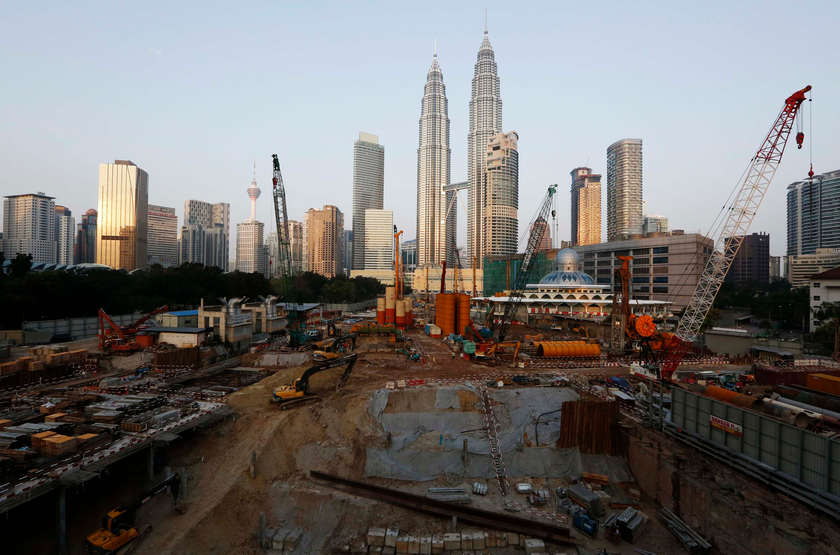KUALA LUMPUR, Sept 27 — Malaysia has advanced two spots to 23th place out of 137 economies, consolidating its position among the world’s top 30 most competitive economies.
The 2017-2018 World Economic Forum’s (WEF) Global Competitiveness Report also placed Malaysia higher than than economic giants China and saw its rankings rise above Ireland and Qatar, which finished higher in last year’s report.
Overall, Switzerland took the top spot followed by United States and Singapore. Asean countries like Philippines, Thailand and Indonesia ranked lower than Malaysia in the report.
The study, which uses 70 per cent survey data from the United Nations and 30 per cent hard data from 137 countries, took into consideration 12 pillars of competitiveness to determine the country’s ranking via the Global Competitiveness Index (GDI).
The 12 pillars considered are institutions, infrastructure, macroeconomic environment, health and primary education, higher education and training, goods market efficiently, labour market efficiency, financial market development, technological readiness, market size, business sophistication and innovation.
Malaysia ranked top 50 in each of the pillars with the strongest performance under the financial market development. The country made the most improvement in the health and primary education pillar by 14 positions to be ranked 30th.
According to the Malaysia Productivity Corporation (MPC) that released the data locally, Malaysia’s latest rankings is a positive note despite a dip in global economy.
But the corporation’s director general Datuk Mohd Razali Hussein said there needs to be more cooperation between the private and public sector to keep improving economic competitiveness in the country.
“Collaboration between private and public sector is the key thing. We are not just looking at the report but we must make improvements,” he said at a press conference yesterday.
Mohd Razali added that Malaysia must not only look to score highly in the annual report but also must look at “sustaining” the rankings from year to year.
International Trade and Industry Minister Datuk Seri Mustapha Mohamad said he was pleased on the ranking improvements and reasoned that it was because of Putrajaya’s proactive measures despite a torrid economic period.
“This latest ranking affirms the strength of Malaysia’s macroeconomic fundamental and that Malaysia’s economic policies are in the right track.
“Our exports are doing well and we continue to receive healthy flows of foreign direct investments,” he said in a statement.
Prime Minister Datuk Seri Najib Razak on Monday said that Malaysia looks to be among the top 20 countries in the WEF report by the year 2020.
This, Mohd Razali said would only be possible if there is sustained development in policies and commitment from both private and public sector consistently.
“This is like looking at a crystal ball. If we have the initiative in place, we can do it.
“There needs to be a push for more collaboration in the private sector. What needs to be done is click with the right people in the private sector,” he stressed.
Malaysia ranked 18th out of 138 countries in the 2015-2016 WEF report but slipped down the rankings last year because of various economic factors.
This year’s report listed financial vulnerability, ability to spread innovation benefits and labour market flexibility and worker rights as the challenges faced by the global economy.



















